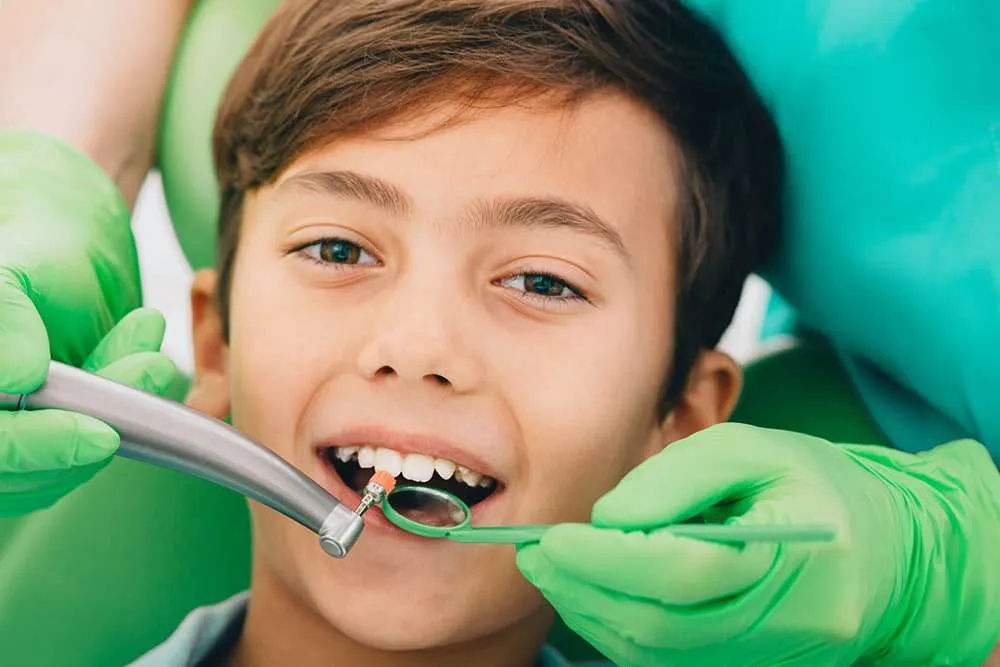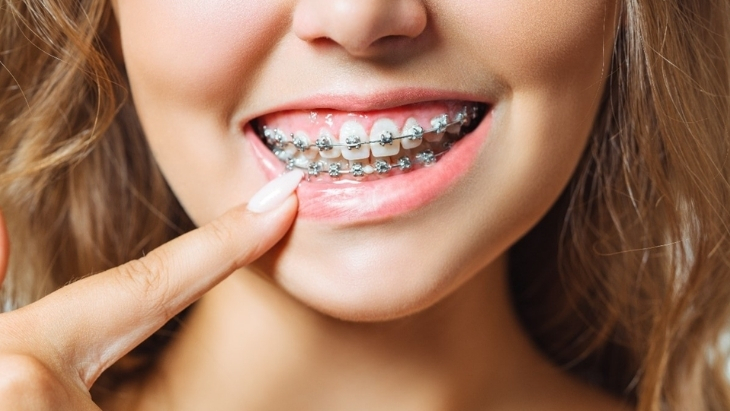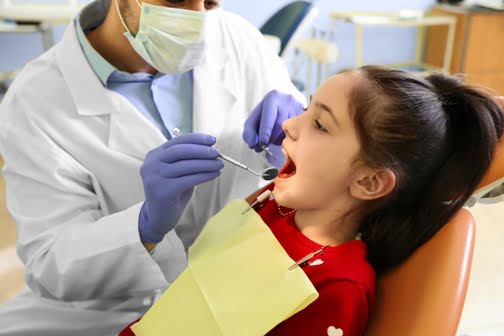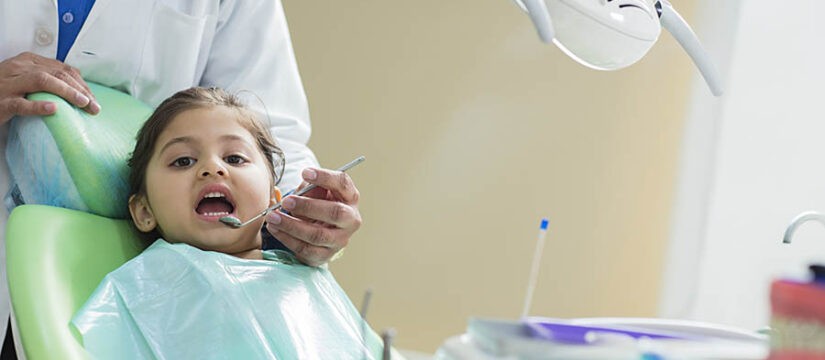 Conversion-Focused Landing Pages – More Leads, Less Bounce!
Conversion-Focused Landing Pages – More Leads, Less Bounce!
Kids Dentist Insights on Delayed Teething: What Parents Should Know
Written by Tiny Teeth Dentistry For Kids and Teens » Updated on: April 04th, 2025

As a kids dentist, I often meet parents who come in with the same concern: “My baby hasn’t started teething yet—should I be worried?” It’s a completely understandable question, especially when you’re surrounded by other parents posting pictures of their baby's first tooth or celebrating tooth number three before your little one has even started drooling.
Let me start by saying this—every child is different. Teething, just like walking and talking, happens on its own timeline. But I also understand that as a parent, it’s natural to wonder whether everything is on track. So, let’s walk through what delayed teething actually means, what’s normal, and when it’s time to check in with a pediatric dentist.
When Do Babies Usually Start Teething?
Most babies get their first tooth between 4 and 7 months of age, with the bottom front teeth typically making their grand entrance first. But it’s important to remember that this is just the average range. Some babies begin teething as early as 3 months, while others may not see a single tooth until after their first birthday.
If your child hits 12 months without any sign of a tooth, it’s not necessarily cause for alarm—but it might be time to schedule a dental checkup just to make sure everything is developing as it should.
What Is Considered “Delayed Teething”?
Delayed teething usually refers to a baby who hasn’t started teething by 12 to 15 months. It doesn’t always mean something is wrong, but it’s worth discussing with your pediatrician or pediatric dentist to rule out underlying causes. Sometimes, it’s simply a matter of genetics—if you or your partner were late bloomers with teeth, your child might be too.
Possible Causes of Delayed Teething
Here are a few common reasons why teething might be delayed:
Family history: If delayed teething runs in the family, it may just be part of your child’s normal growth pattern.
Premature birth or low birth weight: Babies born early often hit certain milestones—including teething—a bit later.
Nutritional deficiencies: A lack of key nutrients, especially calcium, vitamin D, or phosphorus, can sometimes slow down tooth development.
Medical conditions: Rare genetic or developmental conditions such as hypothyroidism or ectodermal dysplasia can cause delayed or abnormal tooth eruption. These are uncommon, but your dentist can help identify them if necessary.
What You Can Do as a Parent
If your child hasn’t started teething by their first birthday, here are a few steps to take:
Schedule a dental visit: The American Academy of Pediatric Dentistry recommends that your child see a dentist by age one, even if no teeth have appeared. This first visit is more about education and early detection than anything else.
Monitor for symptoms: Delayed teething doesn’t usually come with pain, but keep an eye on signs of discomfort or swelling that might indicate the teeth are on their way.
Offer teething-friendly options: Even if no teeth are visible, babies often enjoy chewing on teething toys or cold washcloths to soothe their gums as teeth begin moving below the surface.
When to Be Concerned
While delayed teething isn’t usually a sign of something serious, you should consult your child’s pediatrician or dentist if:
- No teeth have appeared by 18 months
- There are signs of oral or facial abnormalities
- Teeth seem to be coming in crooked, discolored, or damaged
- Your child is experiencing pain without visible cause
Your child’s dentist may recommend an X-ray to check for the presence and positioning of the tooth buds.
Delayed teething can be a source of worry, but in most cases, it’s simply your baby taking their time. Try not to compare your child’s milestones to others—there’s no one “right” schedule when it comes to growing up. Teeth will come when they’re ready, and once they do, you’ll likely look back and laugh at how much time you spent wondering when they’d arrive.
In the meantime, regular dental checkups, a balanced diet, and lots of love will support your child’s development every step of the way. And remember, your pediatric dentist is here to help—not just when there’s a problem, but to guide you through all the little questions and concerns that come with raising a healthy, happy smile.
Worried about your child’s delayed teething? A trusted kids dentist in Chembur can assess their dental growth and ensure everything is on track. While every child develops at their own pace, professional guidance helps rule out concerns and provides reassurance. Early checkups set the foundation for strong, healthy teeth.
Note: IndiBlogHub features both user-submitted and editorial content. We do not verify third-party contributions. Read our Disclaimer and Privacy Policyfor details.
Copyright © 2019-2025 IndiBlogHub.com. All rights reserved. Hosted on DigitalOcean for fast, reliable performance.












